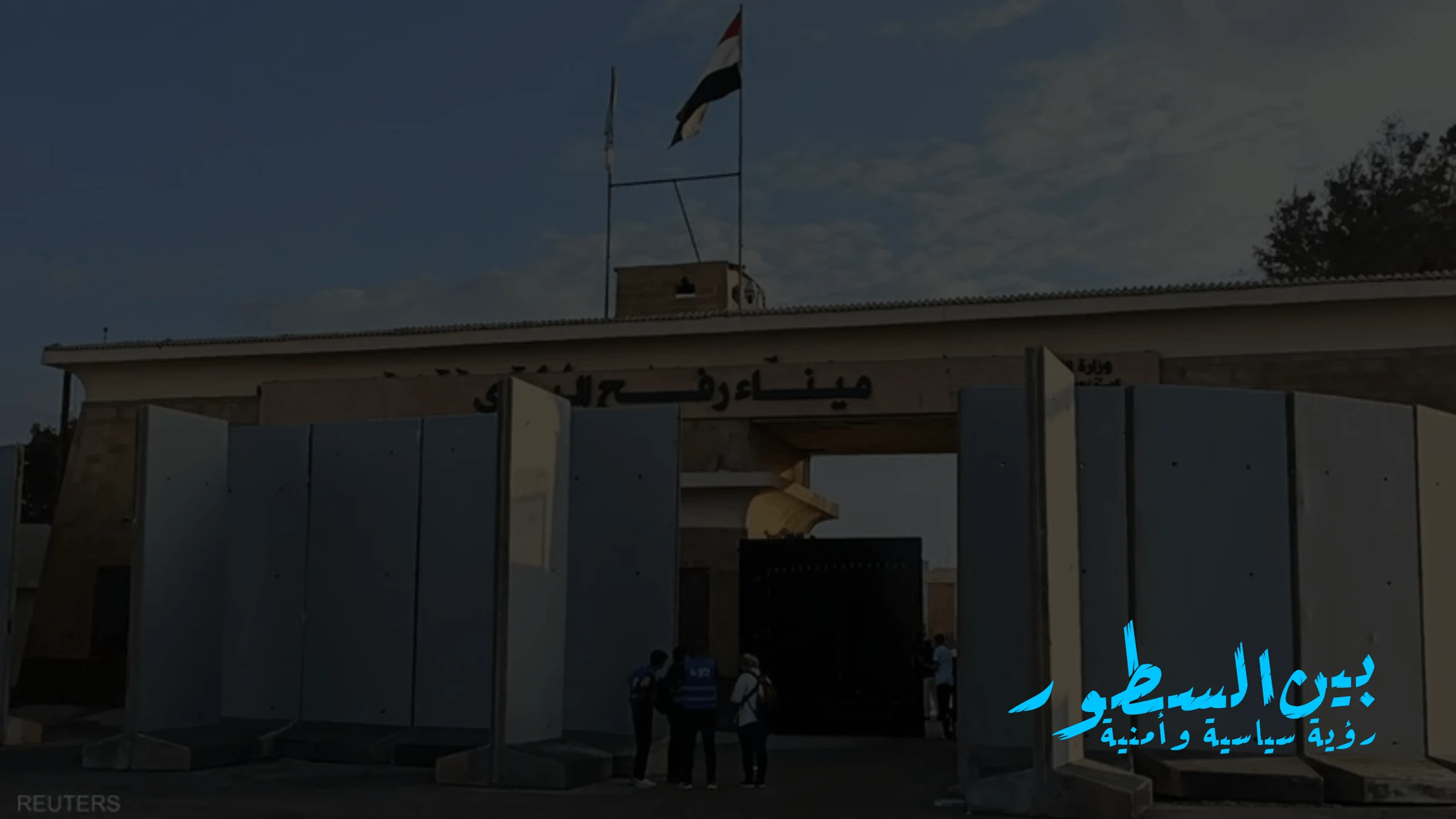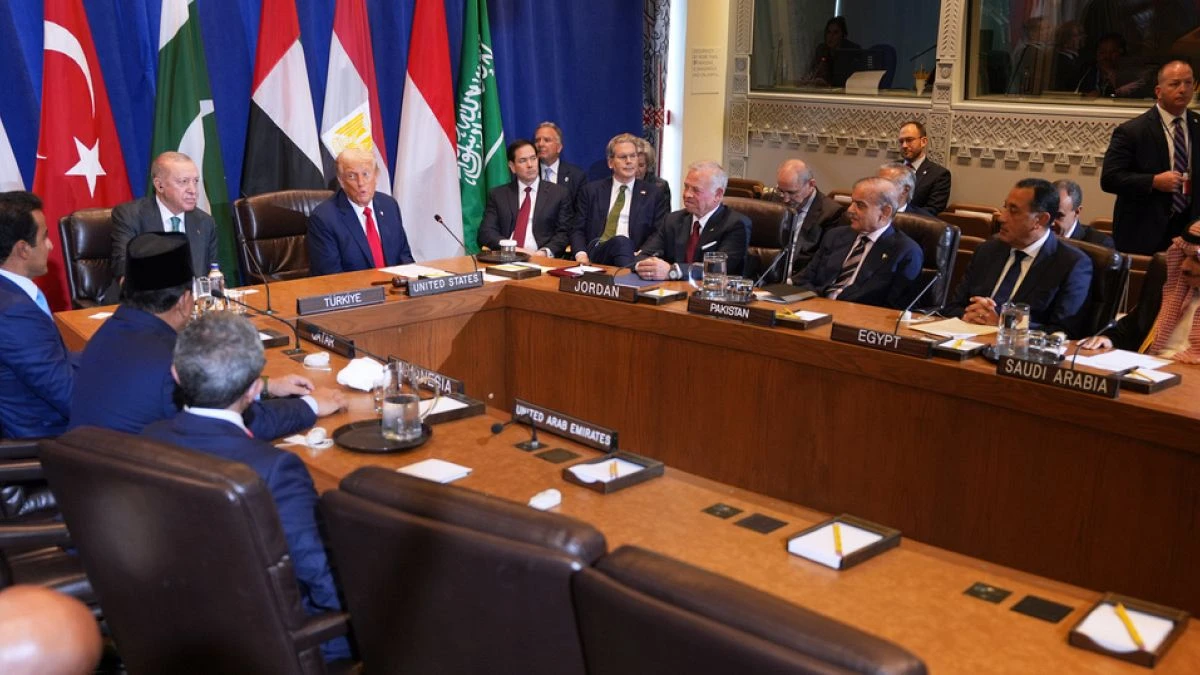The Battle of Points: Lessons from Afghanistan to Lebanon and Palestine
This is an AI-generated English translation. The original text is in Arabic.
It is well known that the Taliban defeated the American army in a battle that lasted nearly twenty years, which can be described as a "battle of points." The Afghan people and the movement suffered significant human losses; approximately 51,000 Taliban fighters and allied movements were killed, in addition to about 66,000 Afghan police and security forces.
In contrast, the American army suffered 2,442 fatalities, along with nearly 4,000 cooperating American contractors, according to statistics from Brown University. This means that for every American soldier killed, 21 Taliban fighters fell, which is a massive military ratio.
Despite these numbers, the Taliban ultimately managed to impose the equation of victory by forcing the American army to acknowledge its defeat and withdraw from Afghanistan in a humiliating scene broadcast by global media.
This raises the question: Was the Secretary-General of Hezbollah referring to this Afghan model with his statement, "the resistance will win by points"?
Upon following the successive statements from Hezbollah since its entry into the "Tsunami of Al-Aqsa" battle, as mentioned by its Secretary-General, it becomes clear that the Israeli army is facing accumulated losses on the northern front, but these are not primarily measured by the number of fatalities, rather by their economic and military impacts.
Economically, thousands of settlers from the border areas with Lebanon have left their homes and jobs, seeking safety in the Israeli interior due to ongoing threats from Lebanese resistance factions. This displacement has created a compounded pressure on the Israeli economy: on one hand, sources of income that relied on the work of these settlers have been disrupted, and on the other hand, the government has borne financial burdens to secure housing and living necessities for them.
Moreover, there is a larger and more dangerous displacement in the south, where the settlements surrounding Gaza have turned into almost empty areas, inhabited only by soldiers and military vehicles.
Militarily, it can be said that Hezbollah has lost a greater number of fighters so far, but the situation is reminiscent of the Taliban's losses against the Americans: the numbers may not favor the resistance in terms of personnel, but the effects of the war weaken and exhaust the opponent more profoundly. This was evident in Israeli Prime Minister Benjamin Netanyahu's speech when he acknowledged that the army had suffered "painful losses," and his use of this term clearly indicates the magnitude of the predicament.
In the south, Palestinian factions continue to disseminate video clips showing technical malfunctions and serious field problems in the Israeli equipment and machinery that form the backbone of Israel's "arms economy." It is certain that these images will cast a shadow over the future of Israeli arms trade, as they will make countries wishing to purchase them more cautious in assessing their efficiency and viability.








